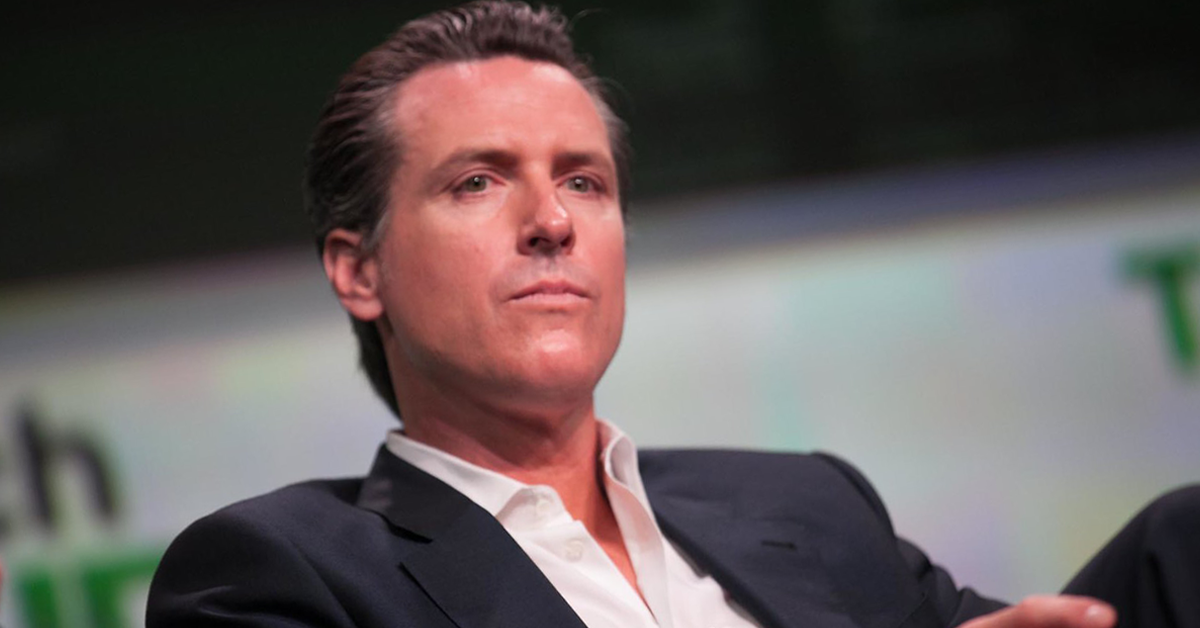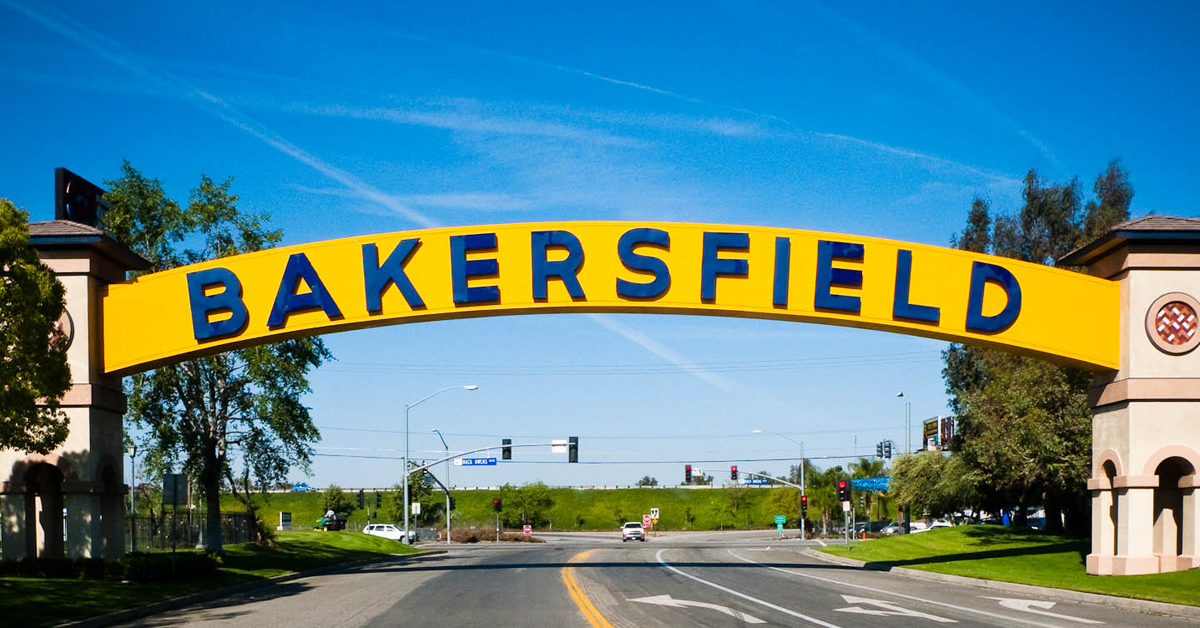A new study from the Pacific Research Institute ranks Bakersfield and Fresno as some of the least “free cities” in the nation.
While the two Central Valley cities rank low among the nation’s 50 largest cities, they came in above most other major California cities.
The big picture: Bakersfield and Fresno ranked 39th and 40th, respectively, in the study’s list, meaning the two cities are seens as as some of the least pro-growth cities compared to the other largest cities in the country.
- The nonpartisan Pacific Research Institute ranked “free cities” based on promoting pro-growth policies, encouraging entrepreneurship and efficiently providing core public services.
- The only California cities to rank ahead of Bakersfield and Fresno are San Diego (31), Sacramento (32) and San Jose (34).
- San Francisco (45), Long Beach (46), Los Angeles (49) and Oakland (50) all trailed behind the Central Valley.
- Fort Worth, Austin, Colorado Springs, Raleigh and Charlotte placed as the top five “free cities” in the study.
Go deeper: The study gave an equal weighting for the following seven policy categories: economic incentive rate, average individual tax burden, regulatory burden, business environment, the city’s income adjusted affordability, the city’s quality of life and the size of each city’s homeless population and the share of people living in poverty.
- Part of Fresno’s low ranking is due to its homelessness and poverty ranking, placing the city tied for last place with Miami. Bakersfield came in higher at No. 33.
- Fresno’s best performing category was the quality of life ranking, coming in as the seventh best city. Bakersfield trailed behind at 17th.
What they’re saying: Pacific Research Institute senior fellow and study author Wayne Winegarden said the index rankings show that cities offering more affordability, economic opportunities and a higher quality of life are growing in population.
- “By the same token, cities that levy less burdensome taxes, impose a less costly regulatory environment, and efficiently provide core public services are attracting employers, investment, jobs, and tax revenue,” Winegarden said in a statement.
- Winegarden added, “The Free Cities Index rankings make clear – people, voting with their feet, are expressing their support for pro-growth policies by moving to those cities whose policies promote freedom. These population trends provide important feedback for state and local policy leaders if they will listen. Attracting families and entrepreneurs requires policy leaders to enact policies that will inspire people to live there and encourage job creators to invest there.”









